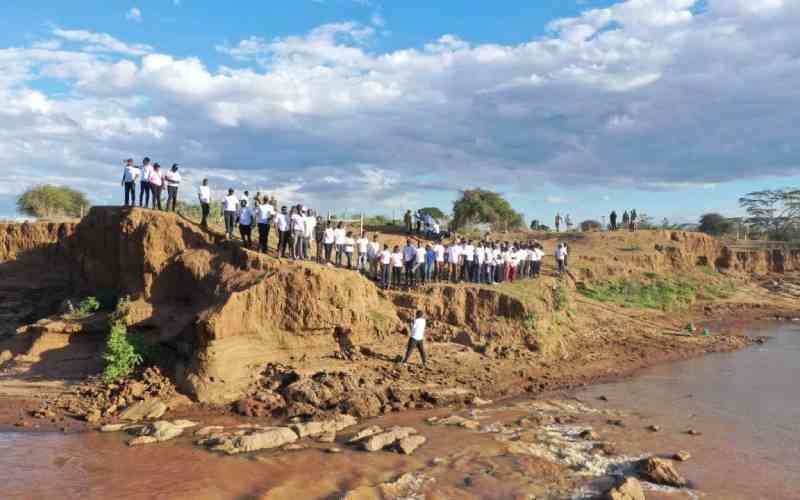×
The Standard e-Paper
Stay Informed, Even Offline

Three counties in Central and Northern Kenya have committed to saving the drying tributaries of the Ewaso Nyiro River, following a clarion call that revealed the extent of threats facing water sources in the large basin.
County government officials from Laikipia, Isiolo, and Nyeri made the commitment on Thursday, June 8 at a town hall conference in Isiolo.